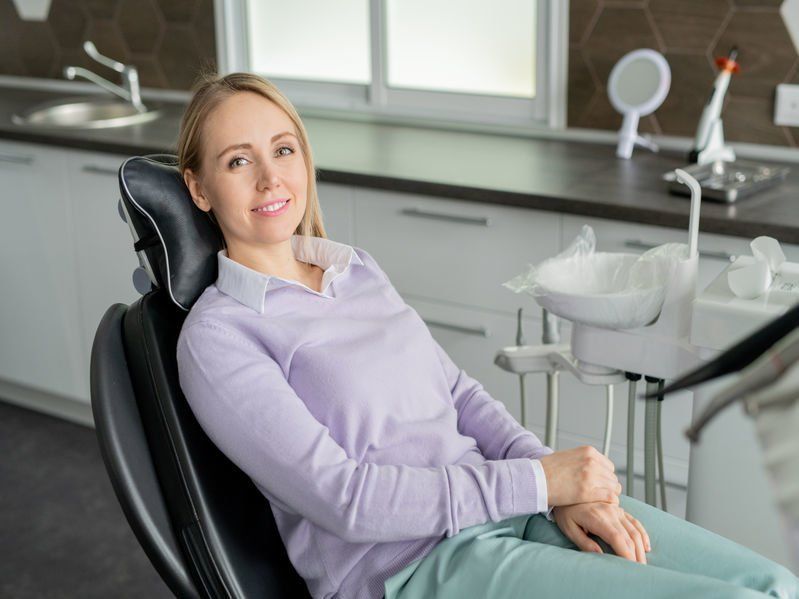Relaxation Techniques to Use if You're Afraid of the Dentist
- By Mary Marks
- •
- 14 Jul, 2020
- •

According to surveys, almost a quarter of the people seeking dental treatment experience intense fear of the procedure – for some people, the fear is triggered by the sounds and smells associated with the treatment, others are afraid of the pain that they will have to endure or of injections. It's always good to find a oral sedation dentistry Highlands Ranch provider to help alleviate dental anxiety. Whatever your trigger, here are a few tips to help you achieve a more relaxed state of mind before and during the dental treatment:
- Bring your headphones and listen to whatever relaxes you – some people prefer relaxing music, others feel more relaxed listening to funny podcasts or to the favorite novel being read aloud by their favorite actor or actress. Try bringing your headphones to your next dental visit – whatever you choose to listen to, it will surely distract your attention from the sound of the drill;
- Ask your doctor to explain the procedure – many people feel more relaxed when they know what will happen to them. Ask your doctor to describe the procedure to you and to tell you whenever a next phase starts;
- Practice breathing techniques – these techniques are great for calming racing thoughts and anxiety in any stressful situation, small or large dental interventions included.





Although oral sedation dentistry Highlands Ranch is one of the optionsavailable for managing anxiety and discomfort during oral surgery, you certainly do not need to use it all the time. As a matter of fact, the exact type of sedation or anesthesia that you receive during oral procedures may depend on various factors, such as the complexity of the procedure, your medical problems, as well as your doctor’s preferences.
There can be several different levels of sedation that can be used in oral surgery. Local anesthesia is one of them. This involves injecting anesthetic medication into the specific area where the surgery will take place. It numbs the area and is often used for less invasive procedures.
Oral sedation involves taking medication in the form of a pill to induce a state of relaxation and drowsiness. The patient is still conscious, but he/she may not be fully aware of the procedure. At any rate, sedation helps him/her get rid of anxiety.
In the case of intravenous sedation, medication is administered through a vein, which induces a deeper state of sedation than oral sedation. Patients may still be conscious, but they are less aware of their surroundings and may not remember the procedure.





